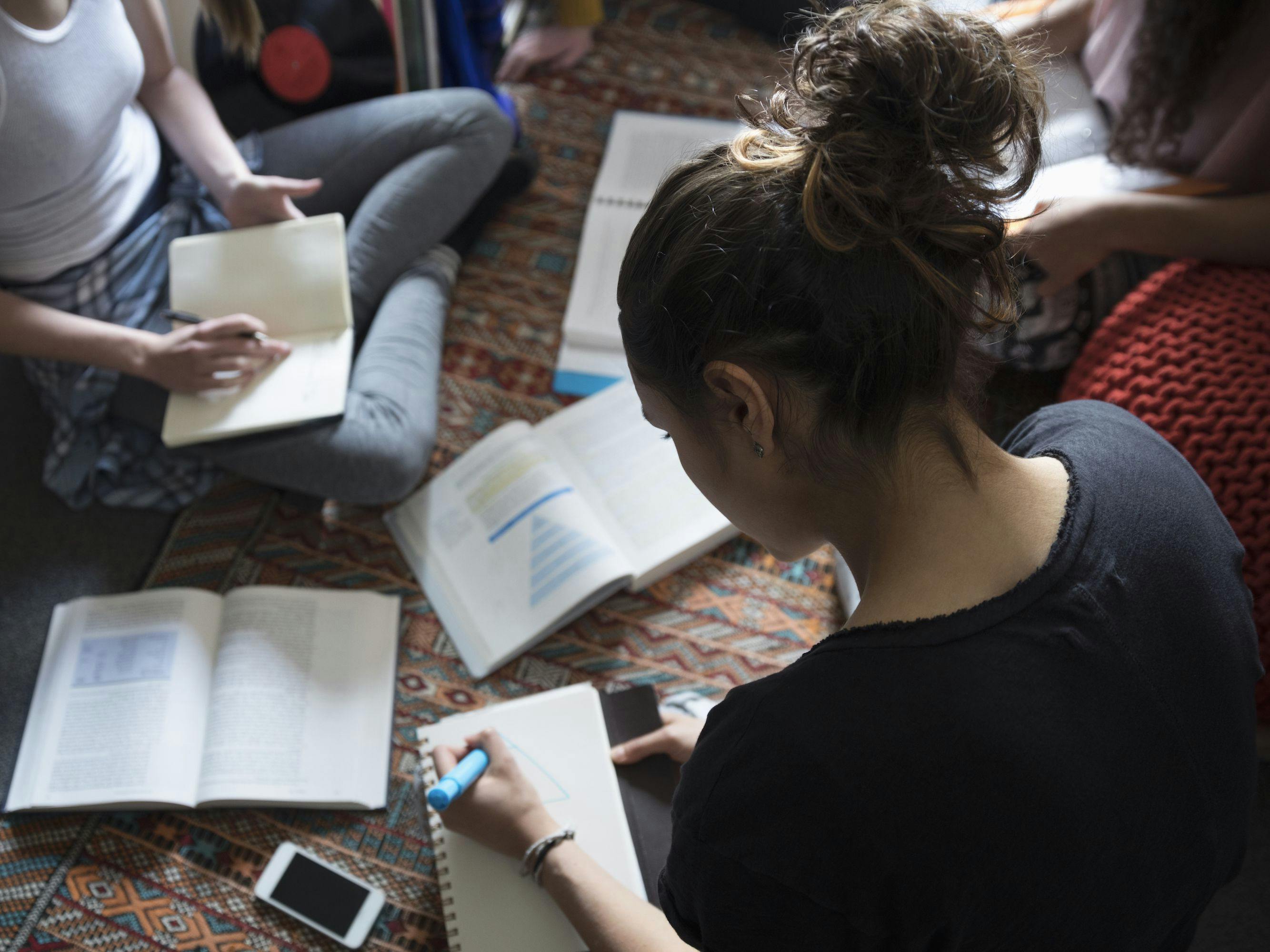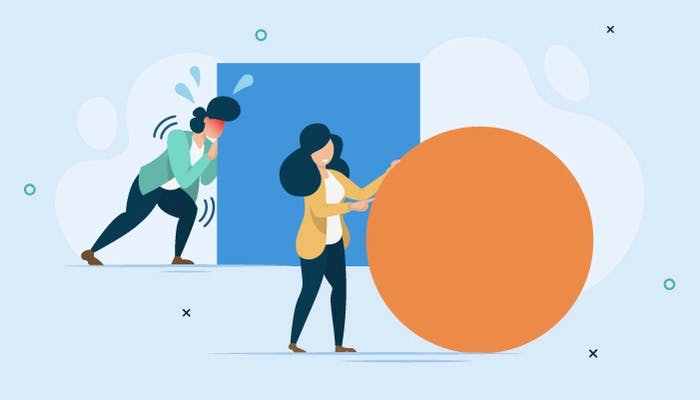I'm constantly seeking methods to increase my capacity to study and comprehend content, and I've come up with five tips that have helped me do so. These approaches are useful not just in the classroom, but also in other aspects of life, such as adjusting to a new place, starting a new career, or any other practical circumstance. Here are the five behaviors that have been most beneficial to me:
- Recognize the type of learner you are. You're already doing yourself a favor by catering to your own learning requirements if you know how you learn best. Do you learn best visually? Try visualizing the information in your head or searching for visuals that remind you of what you're learning. Do you like to learn by ear? Consider listening to a podcast. Do you learn best by using a variety of methods? Make sure you include practices that will help you study more effectively. Personally, I learn best by putting what I've learned into practice, so see if you can find a way to apply what you're learning in the real world.

2.- Take an active interest in what you're studying. This should go without saying, but if you're not sincerely interested in what you're learning, it will be difficult to stay focused on the topic. Make sure you're learning something you're truly interested in; else, you'll be ready to quit up as soon as you encounter difficulties. Remember why you're interested in learning what you're interested in learning.
3.- Make a goal to learn something new for 5 minutes every day. If you’re frequently challenging yourself to learn, it becomes easier to absorb material. Even dedicating a short 5 minutes to learning something new is enough to encourage you to always be actively learning. Remember to track your progress! One of my favorite habit-tracking apps is Insumo, which allows you to set and track productivity goals.
4.- Work smarter rather than harder. Break up your studying into periods spaced out over several days rather to having one protracted study session that would likely tire you out. By mentally spreading out the content you're studying, you'll avoid cramming knowledge into one sitting, which can stress you out later while attempting to recollect it. Because your brain will be taking in just the proper amount of information with each session, spacing out your study sessions will eventually help you remember the material.

5.- Naps are recommended. It may seem contradictory, but taking a nap in between study sessions has been scientifically proved to improve your memory. Studies have indicated that combining sleep with study minimizes the amount of time it takes to relearn content and promotes long-term memory of what you're learning. Try studying in the evening before going to bed, or take naps after a study session to make studying more productive.

